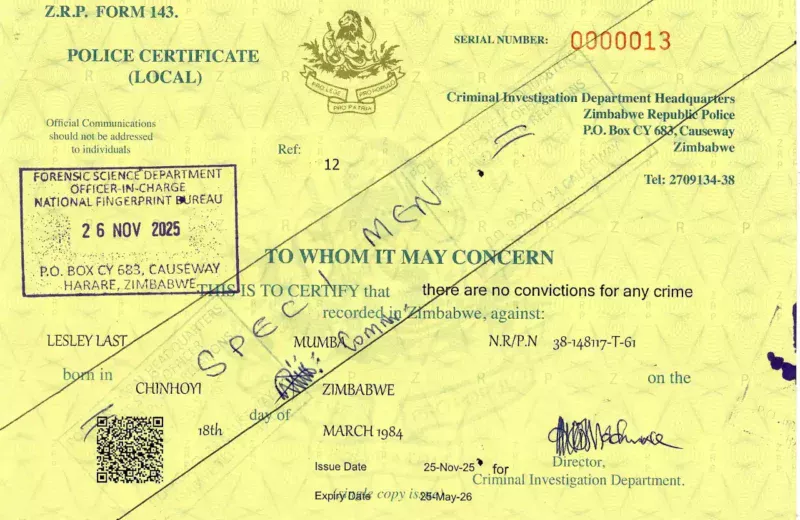In Zimbabwe’s music scene, Jah Prayzah and Winky D dominate conversations. Fans constantly debate who is the nation’s top musician. Both artists command massive followings and deliver chart-topping hits. Jah Prayzah, known for his military-inspired style, fuses tradition with modern sounds.
Meanwhile, Winky D, the “Gaffa,” continues to reign as Zimdancehall’s biggest voice. Their rivalry among fans sparks endless arguments online and offline. Yet, the truth is simple—both are legends in their own right. Choosing between them is a matter of opinion.
Together, they define Zimbabwean music’s global identity, and their influence remains unmatched across generations.

Jah Prayzah shows off expensive jewellery playing Winky D song
The Tsviriyo hitmaker recently shocked fans by flaunting dazzling jewellery while vibing to Winky D’s hit “Mirror.” The moment caught everyone’s attention instantly. He shared photos on Instagram with the caption, “Another day another Hezvo.” Dressed in style, Jah exuded pure confidence and class.
The sparkling chains and designer pieces highlighted his love for luxury fashion. Over the years, Jah has built a successful career, earning millions from music and international tours. His wealth is evident in his taste for expensive jewellery. Fans admired not only his fashion sense but also his choice of soundtrack.
Playing Winky D’s song showed respect, despite the rivalry their supporters often fuel. The move impressed many who hailed him for celebrating another legend’s music. It reminded fans that true artistry goes beyond competition. With style, success, and humility, Jah Prayzah continues to dominate headlines and set new trends.
Fans react
After Jah Prayzah showed off his expensive jewellery while laying Winky D song, he suprised fans.
@Takaendesa George Tobaiwa “I like how Jp supports upcoming artists! ”
”
@Lloyd Mashangana “Game recognises game. Ndechimwe chiGaffa futi ichochi”
@Cadre Seven “Nothing much here Just Mbudzi ikunzwa imwe Mbudzi 


 ”
”
@GUDORIRIHANDSOME “The comment section is full of haters it’s not like Jp and winky da hates each other kaa
it’s not like Jp and winky da hates each other kaa ”
”
@Captain  “Ma Gaffa tapindira mu comment section yema Wagwizi, tisu hedu tasanganiswa nema Goats
“Ma Gaffa tapindira mu comment section yema Wagwizi, tisu hedu tasanganiswa nema Goats  ”
”
Follow Us on Google News for Immediate Updates
The post Pictures: Jah Prayzah shows off expensive jewellery playing Winky D song appeared first on iHarare News.














